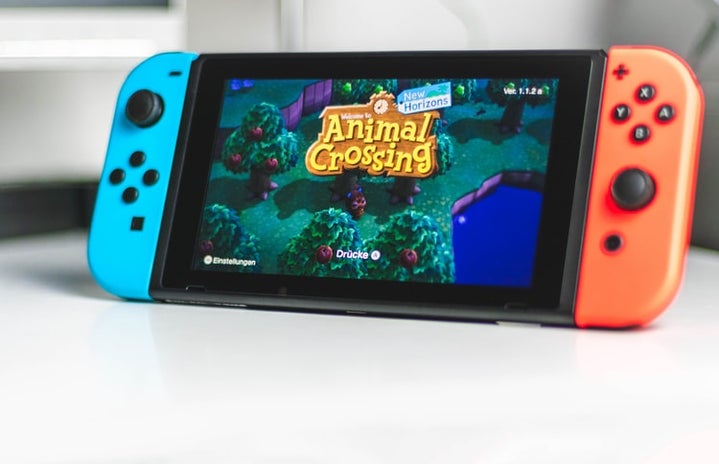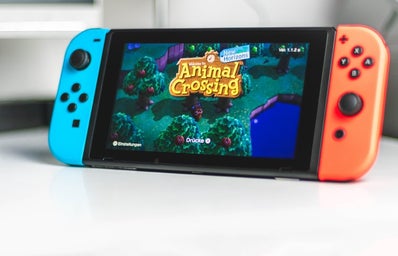Animal Crossing New Horizons—the game that completely changed the game for Nintendo Switch consoles also changed the way I view the world. As it launched during the start of the pandemic, I was amazed seeing how many people became obsessed with the cutesy game and all the gameplay videos showing how uniquely beautiful the experience was. The concept of having your own private island, making new friends, living off the land, and decorating your own house queued my interest. Months later, I purchased my own Nintendo Switch and the ACNH game, ready to take on all the tasks and build my own paradise. I had never been too interested in video games and it was exciting to start the journey. The options in the game of picking up weeds, cutting down trees, planting new trees, and collecting bugs and fish are super entertaining. Then it got me thinking about how the game shows folks how to live off of—and take care of—their own land. Through this, people’s awareness of their actions —or lack thereof— impact the experience of their game, their island, and the happiness of their villagers. In giving the player the control of making their island to their liking, the player is fundamentally responsible to take care of the land that they’re on.

When thinking about the real world beyond the game, it made me realize just how much each person is responsible for the land that we’re on. However, it was more than just being individually responsible for our actions, but rather, it made me reflect on the opportunities to keep each other accountable. In Animal Crossing, the player has to make all the decisions, including keeping the land clean, picking up lost items, and making sure their island is aesthetically pleasing for a better experience. Yet, in the real world, maintenance is left for those who can do it, picking up after one another isn’t a common practice and landlords are the ones who make the ‘aesthetically pleasing’ decisions. In our world, however, we have each other.

Becoming more conscious not only about my own actions but also about the people I share my space with drastically changed how I viewed issues like climate change, wastefulness and recycling. I was always one to try and be passive because ‘we’re all going to die in the end’ and ‘it’s always out of our control’ when I could’ve made some changes in my home and neighborhood. Animal Crossing taught me that little changes like picking up after each other, reusing and upcycling items, and taking charge of my autonomy can make all the difference. For example, I re-use plastic disposable cups for mixing paint, use cardboard packaging from cereal boxes instead of buying paper to do clay work on top of, and pick up small trash I come across. These small changes have changed the recommendations I give to friends, how I decide to view recycling, and overall has changed my views on my responsibility as a person habituating the Earth.



